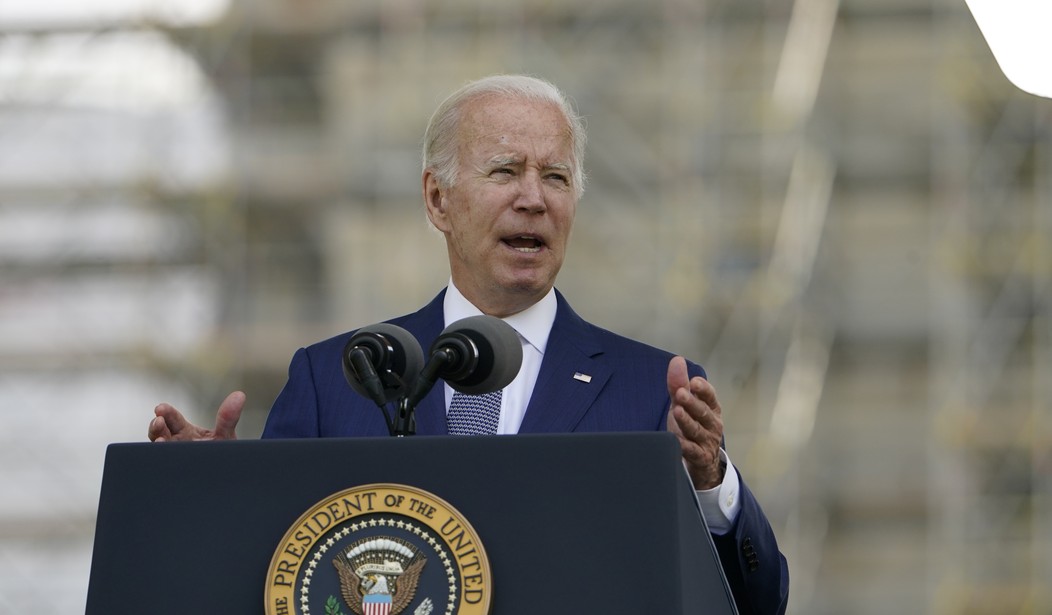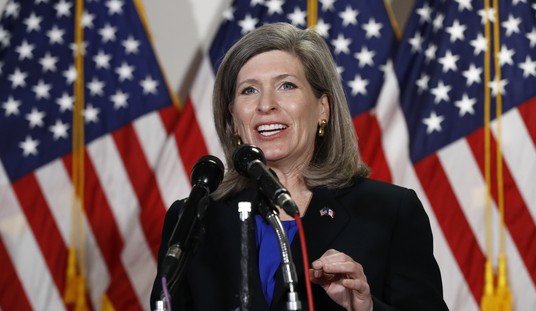It’s widely anticipated that President Joe Biden is going to announce his student debt “forgiveness” program this week, possibly as soon as today. The latest reported plan is considerably scaled back from what was previously being demanded by progressive activists. Biden is expected to cancel up to $10,000 dollars in debt for families earning less than $125,000 annually. This is one of those plans that would make few people happy, and it also ignores the downstream cost to America’s taxpayers. So how much will it cost? A new study released this week by a group from the University of Pennsylvania indicates that the Treasury will lose more than $300 billion over the next ten years. (Washington Times)
President Biden’s election-year plan to cancel student loan debt would cost the Treasury at least $329 billion and would mostly benefit wealthier taxpayers, according to a study released Tuesday.
The Penn-Wharton Budget Model found that forgiving $10,000 of student debt per borrower for families with incomes of up to $125,000 annually, a plan Mr. Biden could authorize as soon as this week, would cost the federal government $329.7 billion in lost revenues over 10 years.
The study showed that a majority of the relief would go to borrowers in the top 60% of earners.
There is an alternate plan on Biden’s desk that would cancel student debt of up to $50,000 for borrowers with incomes of up to $150,000. While less likely, if that’s the one that’s announced, the same study group estimates the total cost would be $935 billion over ten years, or just shy of a trillion.
So a hit to the Treasury amounting to $329 billion is apparently now “no big deal.” That’s well over a quarter trillion (with a “T”) dollars. But since we clearly live in the era of magical money that grows on a tree in the Rose Garden, why worry?
All of these costly details skip past the basic questions that we should be asking. Is this fair? Will it actually help anyone? Is it even constitutionally legal? Nobody in the White House seems to know or care. This is something that Joe Biden pledged on the campaign trail, so it’s another box on his to-do list that he needs to check off, as if it’s going to do anything to salvage his approval ratings.
Members of Congress have already been getting an earful about this plan. Back in January, Elizabeth Warren was confronted by one father who told her that he had done without and saved his money so his daughter’s tuition could be paid for. She has no student debt. He asked if he would be getting the money back that he paid for her education. She literally laughed at him and said “of course not.”
This is a prime example of how tone-deaf progressives have become. A student loan may be a poor idea for many people, but it’s still no different than any other loan. If you are seeking something expensive and you don’t have enough money to pay for it up front, you will probably have the opportunity to take out a loan. This applies to homes and cars, as well as college degrees. It’s assumed that you are getting something of value in return. But it’s a loan. You’re expected to pay it back.
This “forgiveness” plan is grossly unfair to everyone else who worked and saved and paid off their own loans of various types. And as the linked study shows, the majority of the people who benefit from this will be families bringing home far more than the median income that most working class people get by on. This may not play out nearly as well in November as Democratic strategists seem to think it will.








Join the conversation as a VIP Member